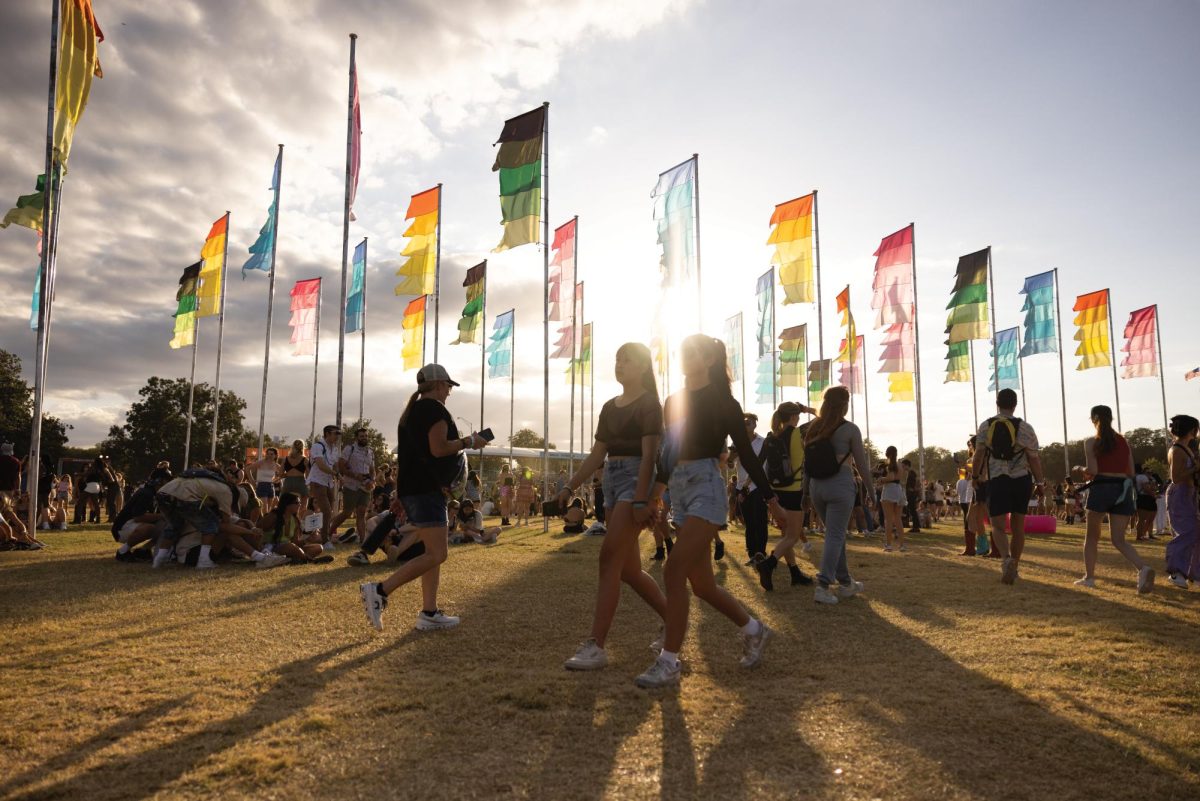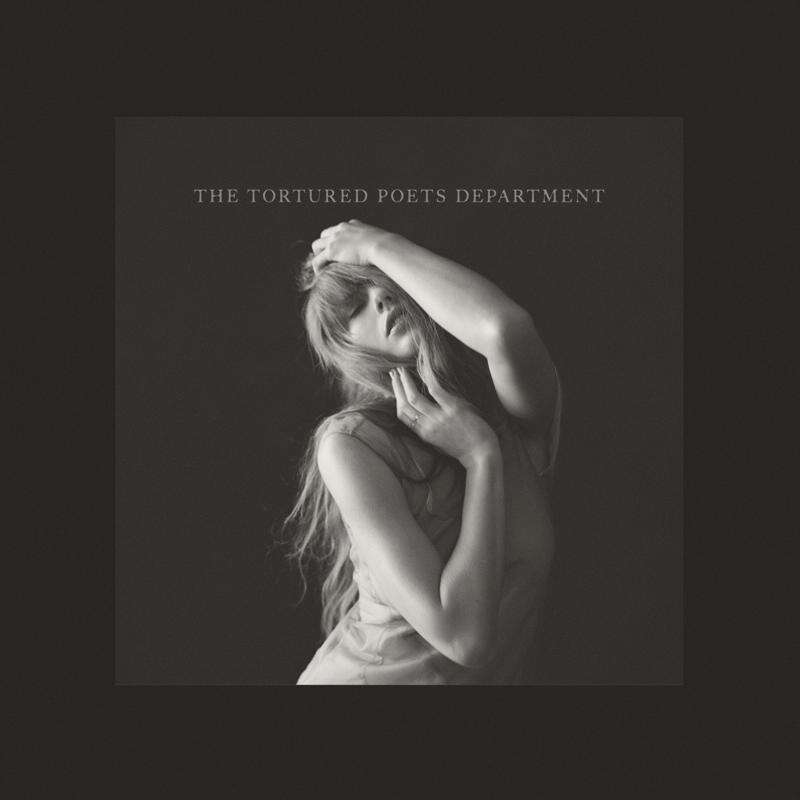With ACL just days away, attendees are busy ordering CamelBaks and fanny packs on their computers. But this year, local allergists say they should be running to their nearest pharmacies instead.
Since fall officially began two weeks ago, pollen levels have been rising in Austin. According to Pollen.com’s Allergy Forecast, pollen levels will double between today and Friday. Zilker Park will soon become a focal point, not only because there is generally more pollen in the fall, but also because crowds will kick up allergens that have accumulated in the park’s grass and dirt over the last year into the air.
Dr. Thomas Leath, co-owner and physician at Allergy Free Austin, said the pollen is exceptionally prevalent this season due to heavy rains from storms, such as Hurricane Harvey, that nurtured allergens like ragweed. Leath said the dry September following a wet August also allowed pollen to travel and spread through the air more easily.
“The weeds have gotten a lot of rain and are making a decent amount of pollen,” Leath said. “That stuff is going to be in the air when these people are out at ACL for three days in a row.”
This will be an unexpected headache for many concertgoers — over one in five Americans have either allergy or asthma symptoms — and the young are more vulnerable. Pollen can cause a range of physical symptoms, such as sneezing, sinus congestion, itchy and watery eyes, rashes, hives and asthma attacks.
Leath said he is particularly worried about ACL attendees with asthma conditions, especially those who are unaware about the levels of pollen that will be present at the park.
“The majority of asthma is often allergy-triggered, and so that could definitely set off allergies and asthma,” Leath said. “We typically see that season at its worst between September and October.”
To curb allergic reactions, Leath said festivalgoers should take precautions such as taking allergy medication before going to ACL. If a person waits for symptoms to hit first, then it would be too late to immediately alleviate them, especially since people at ACL often stay up to 10 or 12 hours.
“The other thing that I recommend people do, after each evening of ACL, when they come home, is a salt water sinus rinse with a Neti pot,” Leath said. “Rinse all that dirt and pollen out of your nose so it’s not sitting there all day (and) all night for three days in a row.”
Leath expects there will be unsuspecting patients in the coming weeks due to the abundance of pollen this season.
Accounting senior Christy Lam, who will attend ACL for the first time this Friday, said she suffers minor allergies from pollen and wished there was more public education about its increase. Lam also said it’s useful to know about the exceptional amount of pollen at Zilker this ACL.
“I didn’t realize,” Lam said. “(Attendees) need to be told more so they can prevent reactions.”





















